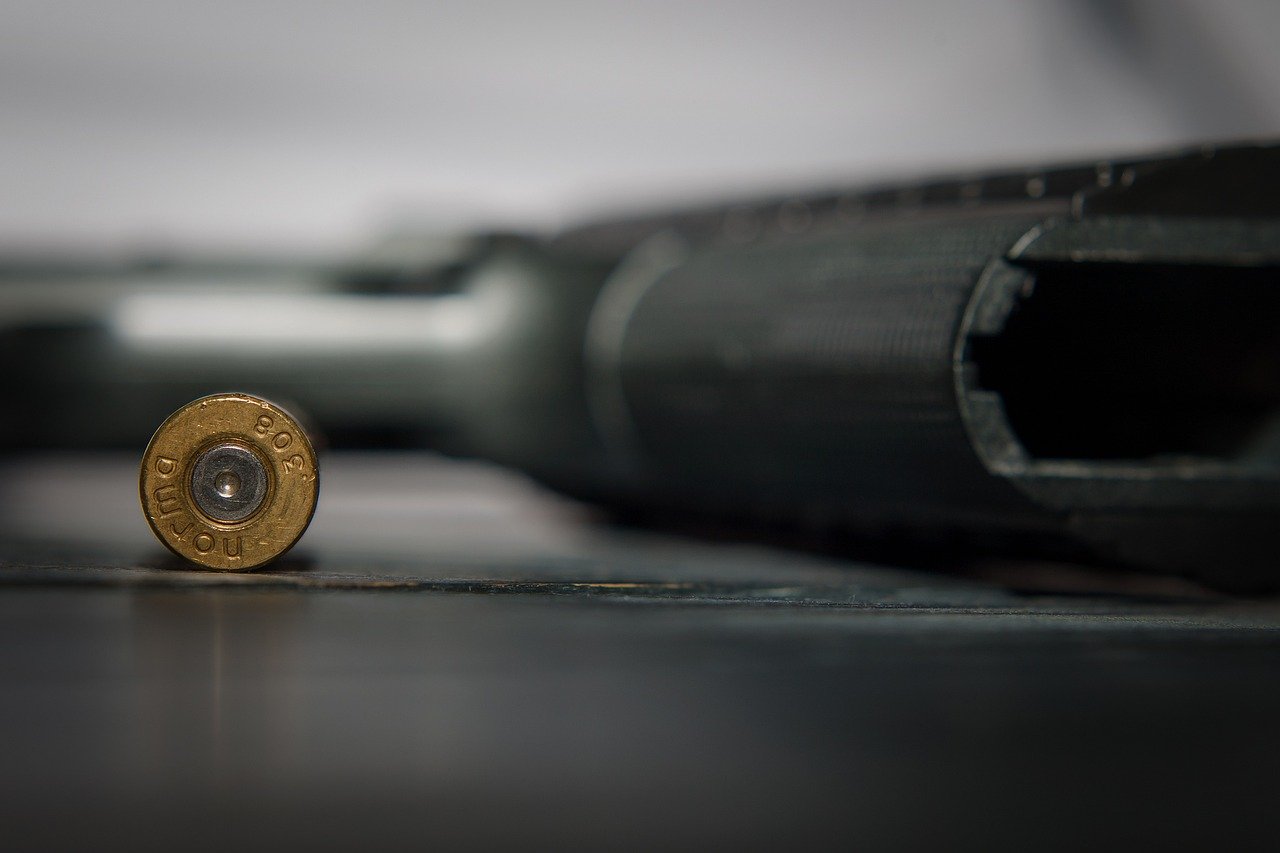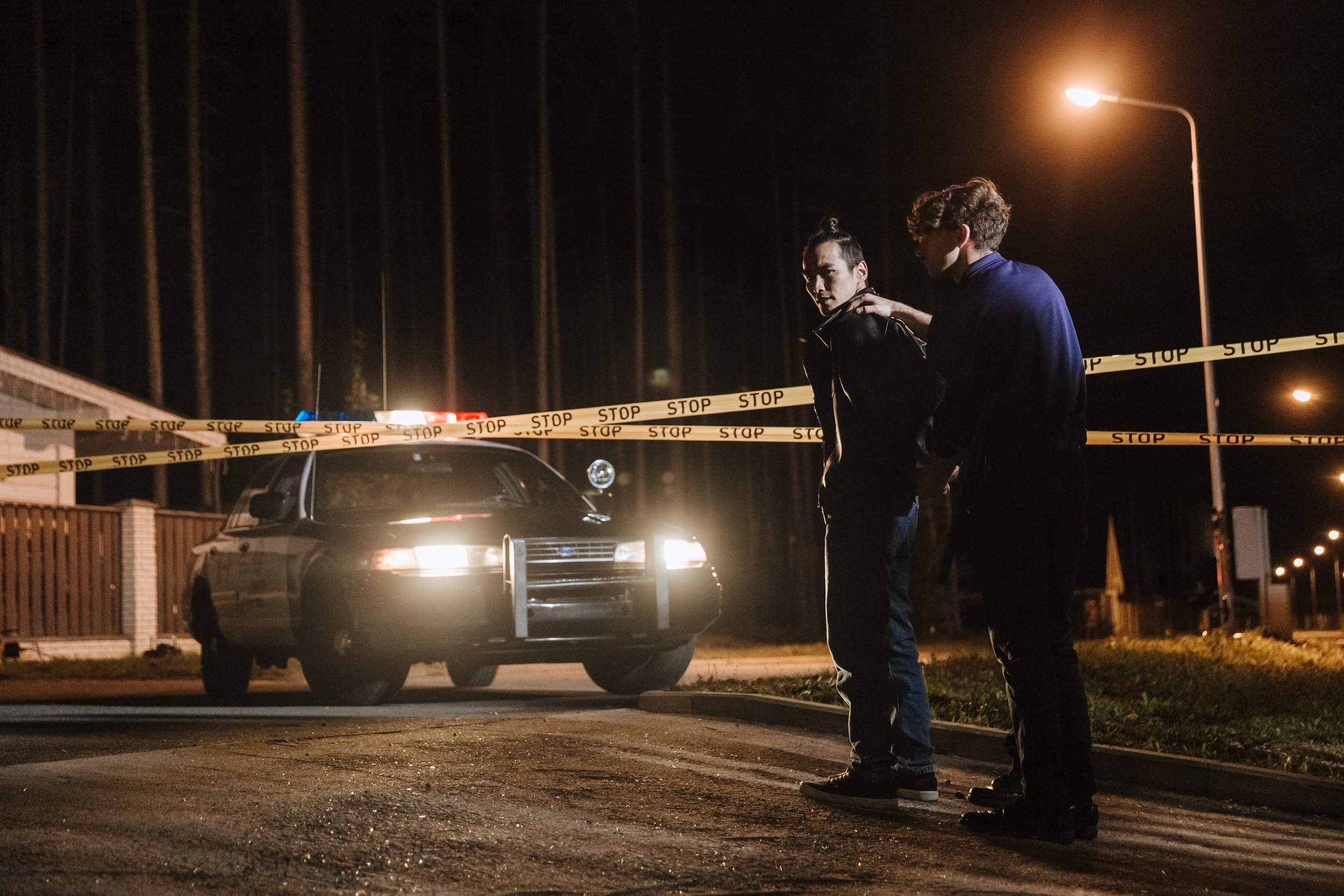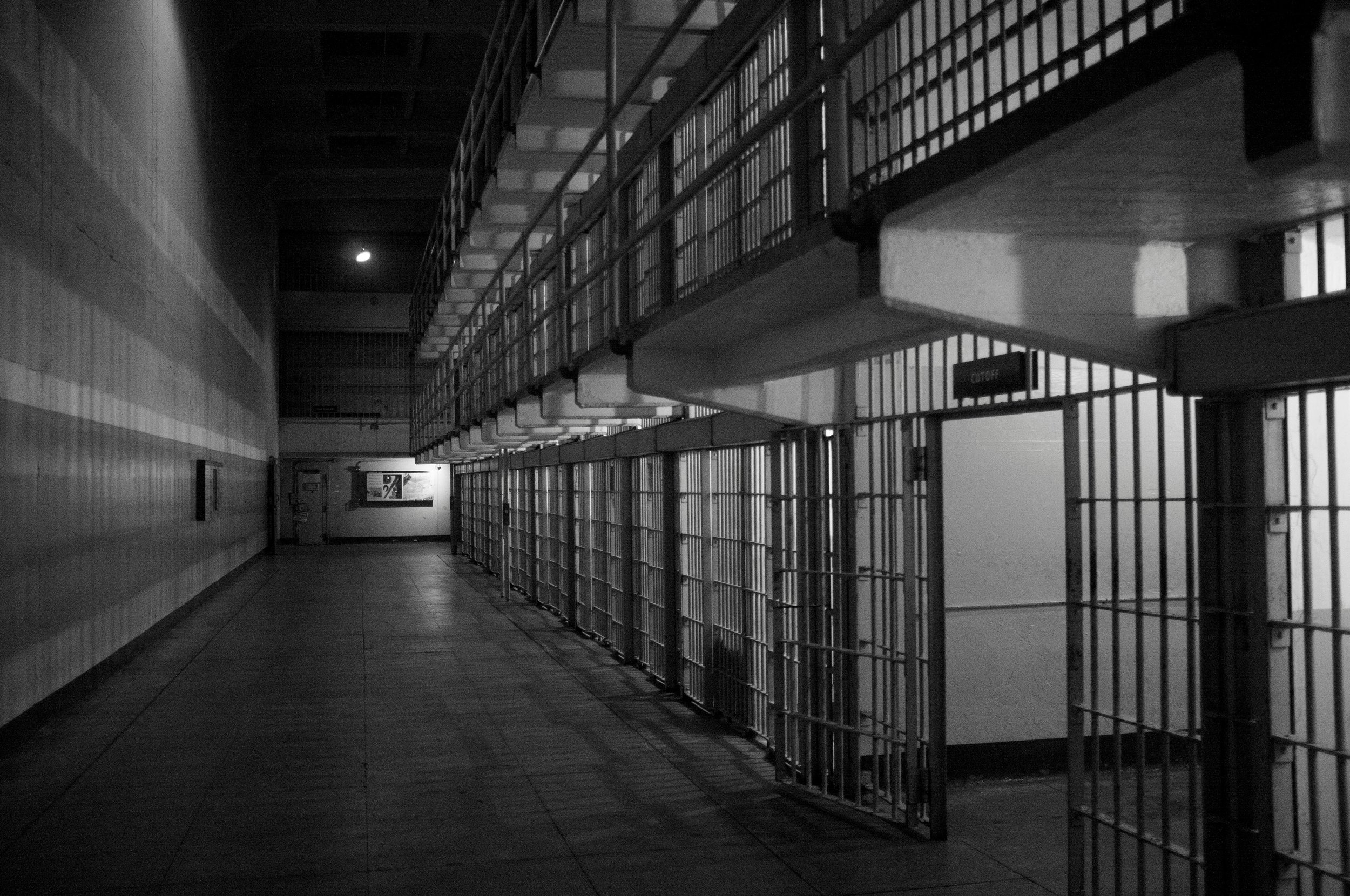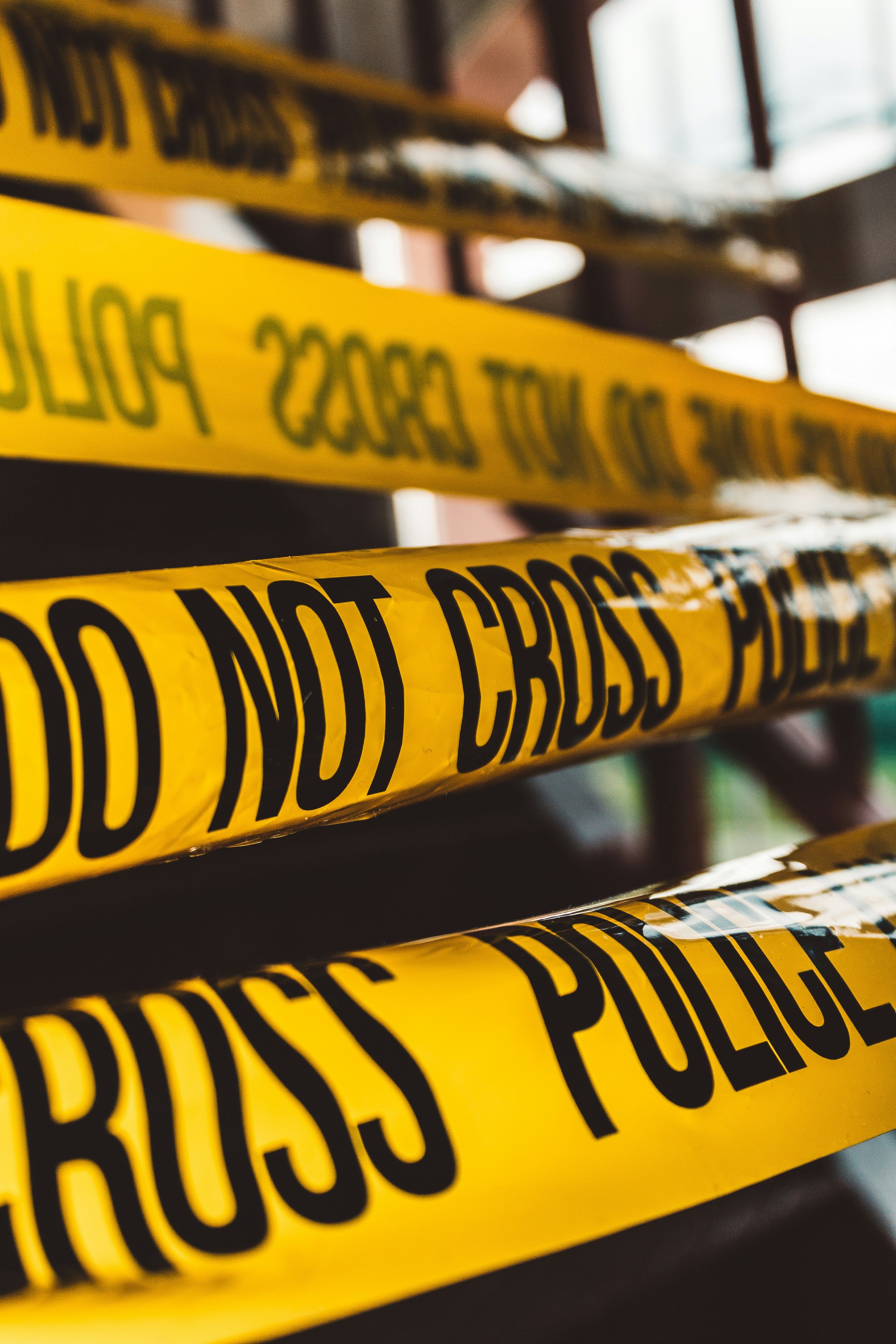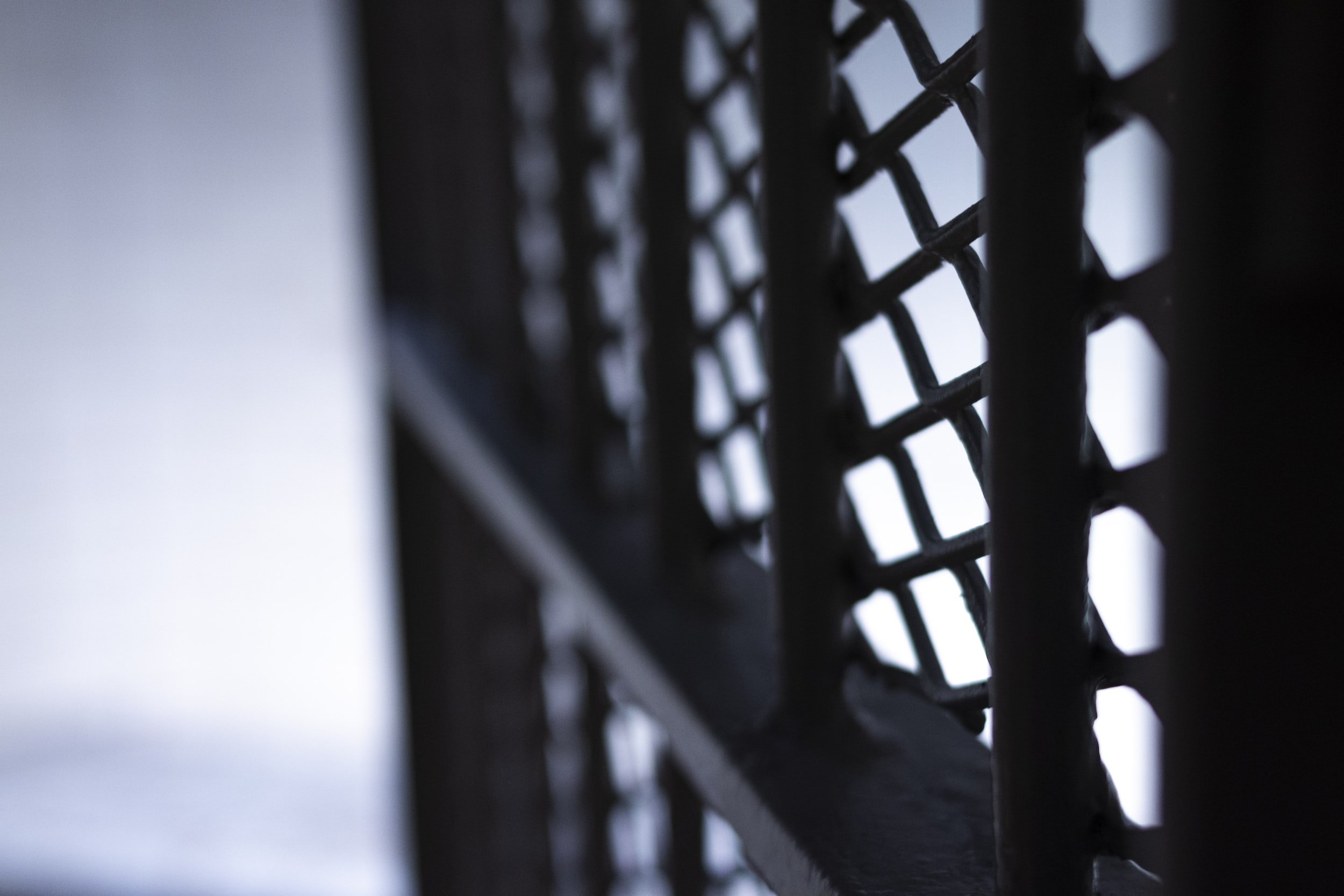
Juvenile Crimes
Criminal Defense Lawyer Serving Philadelphia
Juvenile Crimes Defense Attorney in Philadelphia
Juvenile crimes are criminal offenses committed by minors under the age of 18. Juvenile crimes can range from minor offenses such as truancy to more serious crimes such as theft, drug possession, and assault. In Philadelphia, the juvenile justice system is separate from the adult criminal justice system, and it is important to understand the specific laws and consequences that apply to juvenile crimes.
Hiring a criminal defense attorney is crucial in any criminal case, and it is especially important in cases involving juvenile crimes. An experienced attorney can help protect your child's rights and ensure they receive a fair trial.
It is important to seek legal representation as soon as possible if your child has been charged with a juvenile crime.
What are Juvenile Crimes in Philadelphia?
In Philadelphia, juvenile crimes are divided into two categories: delinquent acts and status offenses. Delinquent acts are crimes that would be considered criminal offenses if committed by an adult, such as theft, drug possession, and assault.
Common delinquent act juvenile crimes in Philadelphia include:
Theft: This can range from petty theft, such as shoplifting, to more serious offenses such as robbery.
Assault: This can include simple assault, aggravated assault, and assault with a deadly weapon.
Drug Possession: Possession of illegal drugs, such as marijuana, cocaine, or heroin.
Burglary: Breaking and entering into a building or dwelling with the intent to commit a crime.
Vandalism: Damaging or destroying property, such as graffiti or destroying school property.
Weapons Possession: Possession of a weapon, such as a knife or gun, on school grounds or in public.
Criminal Trespass: Unlawful entry onto someone else's property.
Arson: Deliberately setting fire to a building or property.
Status offenses are crimes that are only considered offenses because the person committing them is under the age of 18, such as truancy and underage drinking. Common status act juvenile crimes in Philadelphia include:
Curfew Violations: Being out after curfew, which is typically 10 p.m. for minors.
Truancy: Skipping school without a valid excuse.
Underage Drinking: Possession or consumption of alcohol by a minor.
Tobacco Possession: Possession or use of tobacco products by a minor.
Runaway: Leaving home without permission or running away from a juvenile detention center.
Disorderly Conduct: Engaging in behavior that causes a disturbance, such as loud and obnoxious behavior or public intoxication.
Trespass: Unlawful entry onto someone else's property.
Possession of False Identification: Possession of a fake ID or using someone else's ID.
It is important to understand the specific laws and consequences that apply to juvenile crimes in Philadelphia, as they can vary greatly from adult criminal offenses. An experienced criminal defense attorney can help you understand the charges against your child and guide you through the juvenile justice system.
Understanding Philadelphia Juvenile Crime Laws
The laws regarding juvenile crime in Philadelphia are designed to provide a different approach to youth offending than the traditional criminal justice system. The goal is to provide rehabilitation and support to juveniles who have committed crimes, with the ultimate aim of reducing recidivism and helping them reintegrate into society as productive citizens.
In Philadelphia, juveniles are considered to be individuals under the age of 18. Juvenile crimes are referred to as delinquent acts, which are offenses that would be considered crimes if committed by an adult. Juveniles may also be charged with status offenses, which are non-criminal offenses that are only considered offenses when committed by minors, such as truancy or curfew violations.
Juvenile cases are heard in juvenile court, where judges have discretion to impose a range of sanctions, including detention, probation, community service, fines, and treatment programs. In some cases, juveniles may be transferred to adult court if their crime is particularly severe or if they have a prior criminal record.
What are the Consequences of Juvenile Crime Conviction in Philadelphia?
The consequences of a juvenile crime conviction in Philadelphia can vary greatly depending on the nature and severity of the crime, as well as the prior criminal history of the juvenile. Some common consequences of a juvenile crime conviction include:
Detention: Juveniles may be placed in a juvenile detention center or youth development center for a period of time, depending on the severity of the crime.
Probation: Juveniles may be placed on probation and required to meet certain conditions, such as attending school, staying out of trouble, and undergoing drug testing.
Community Service: Juveniles may be required to perform community service as a form of punishment and rehabilitation.
Restitution: Juveniles may be required to pay compensation to the victim(s) of their crime.
Fines: Juveniles may be required to pay fines as a form of punishment.
Treatment Programs: Juveniles may be required to attend substance abuse treatment or anger management programs.
Expungement: In some cases, a juvenile crime conviction can be expunged from their record, but this is dependent on the laws in Philadelphia and the specific circumstances of the case.
Diversionary Programs for Juvenile Offenders
What are Diversionary Programs
Diversionary programs are alternative programs designed for juvenile offenders that aim to provide rehabilitation and support, rather than punishment. These programs are often intended for first-time offenders or those who have committed minor offenses, and are designed to help young people learn from their mistakes and avoid future involvement with the criminal justice system.
Eligibility for Diversionary Programs
Eligibility for diversionary programs varies depending on the specific program and the circumstances of the case. Generally, first-time offenders or those who have committed minor offenses are eligible for these programs. However, it's important to note that eligibility criteria can vary depending on the nature of the offense, the individual's prior criminal history, and other factors.
At Szanto Law, Jules Szanto will work with you and your child to determine if they are eligible for a diversionary program and, if so, help navigate the application and enrollment process. He believes in providing clients with a full range of options, and a diversionary program may be the best option for your child to avoid a criminal record and receive the support and resources they need to move forward in a positive direction.
Contact Szanto Law for Juvenile Crime Defense
If your child has been charged with a juvenile crime, it's critical to secure experienced legal representation as soon as possible. Contact Szanto Law today to schedule a consultation and learn more about our juvenile crime defense services. Szanto Law is committed to protecting your child's rights and ensuring the best possible outcome in their case. Don't hesitate, secure the legal support your child needs now.
